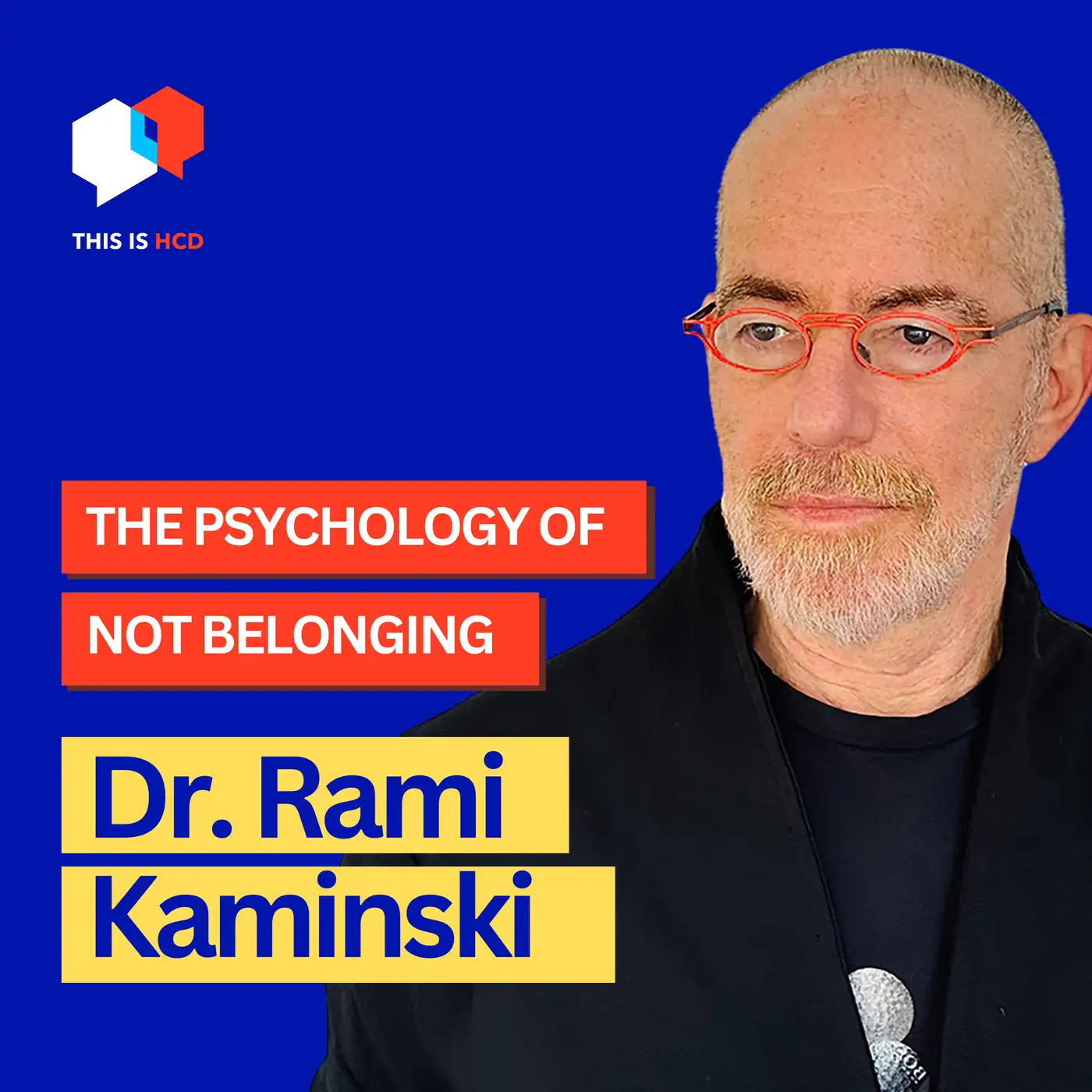🎉 Gerry Scullion is writing a new book 'This is Human Centered Design' with BIS Publishers. Want to get early access, share your feedback, and submit a case study to be featured in the book?
Welcome to another episode of the Human Centered Design Podcast, this time with someone I hold in the highest regards for their contribution to the world of design. It's Dave Gray, co-author of Gamestorming, and author of The Connected Company, and one of my favourite all-time books, not just design books, Liminal Thinking.
Now this episode was really open and free-flowing, mainly because I think it was recorded quite late in the night for me, so we discussed lots of topics. Different topics, but mainly going to cover off some of the main points here. We talk about the power of drawing and visualisation, the influence of belief systems on reality, and the importance of finding common ground with those that we're working with.
Dave shares his insights on facilitating workshops and encouraging active participation, something many of us are really struggling with. As well as nurturing creativity and challenging beliefs. This conversation really highlights the need for trust and open-mindedness. How do we get that in order to drive meaningful change?
Dave also discusses his experience and how he got his first break, really creating infographics for newspapers, and then teaching others to draw to create that alignment. Now he shares the story of starting his company, XPLANE, and the power of information visualisation.
We really stress the importance of creativity and design, and the challenges of that the notion that only some people are creative, something that I face many times when I'm training. Now he introduces the concept of being a possibilitarian and encourages testing assumptions and pushing boundaries.
Dave also discusses his new endeavour, School of the Possible, a community that you might be interested in as it explores creative projects and cultivates positive possibilities. It's an incredible episode, Dave's incredible. Go grab a coffee, a slice of your favourite cake, or maybe a few biscuits. Sit back and enjoy.
This transcript was created using the awesome, Descript. It may contain minor errors.
Here's our last three episodes from This is HCD.


